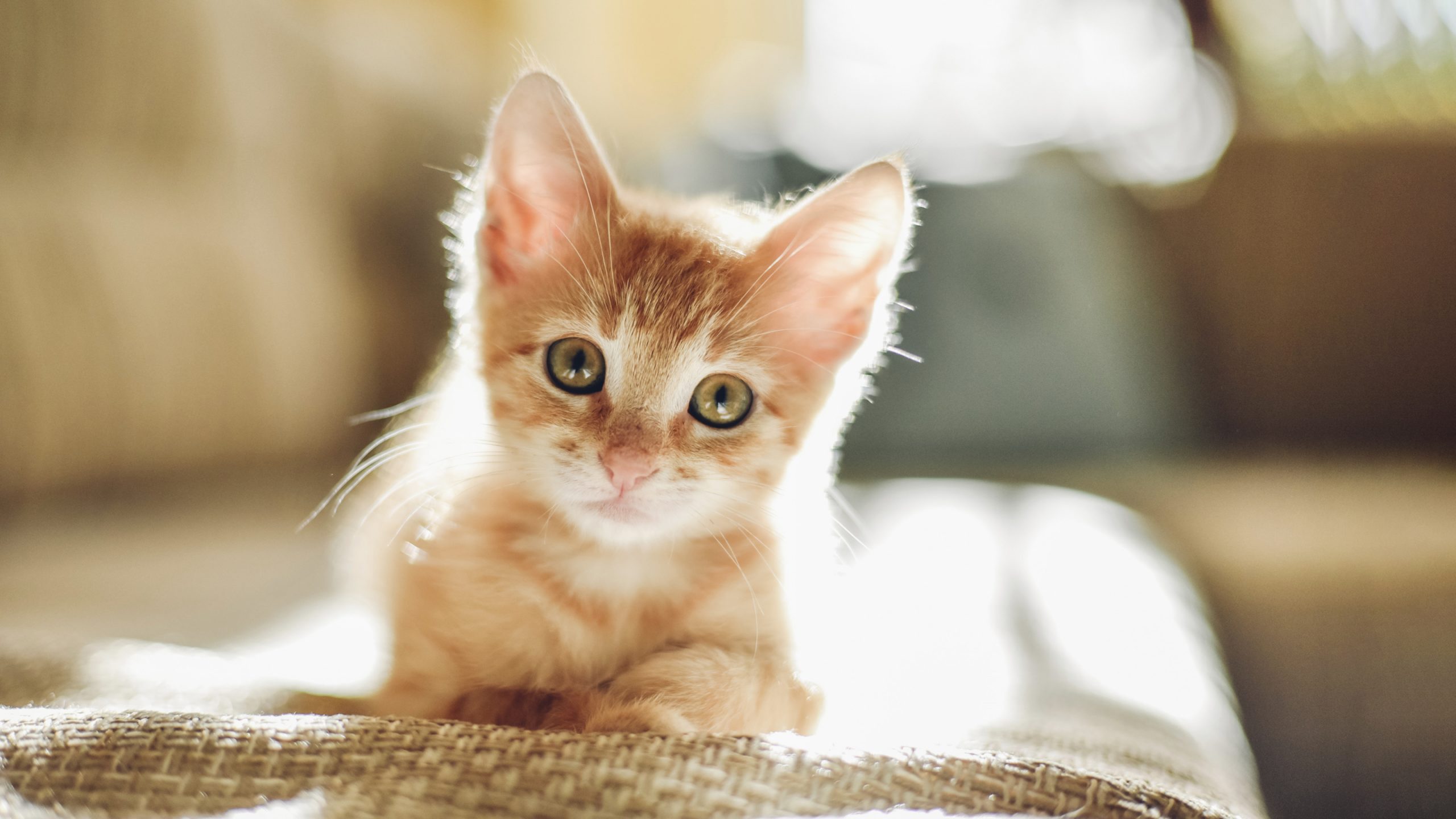Do you find yourself constantly bombarded by your cat’s incessant meowing? If so, you’re not alone. Many cat owners grapple with the challenge of deciphering why their furry feline friends over-vocalize. In this comprehensive guide, we’ll explore the potential reasons behind your cat’s chatter and offer practical solutions to help mitigate this behavior.
1. Breed Predisposition:
Certain cat breeds, such as Siamese and other Oriental breeds, are known for their chattiness. While this trait may be inherent to their genetic makeup, managing excessive vocalization in these breeds can be challenging.
2. Physical or Medical Issues:
A sudden increase in vocalization could signal underlying physical or medical issues. If your cat’s meowing intensifies without apparent cause, it’s crucial to consult with a veterinarian to rule out potential health concerns, such as pain, cognitive dysfunction, or reproductive-related behaviors.
3. Environmental Stressors:
Changes in the environment, such as moving to a new home or introducing new occupants, can trigger stress-induced vocalization in cats. Creating a stable and reassuring environment, along with positive reinforcement, can help alleviate your cat’s anxiety and reduce excessive meowing.
4. Attention-Seeking Behavior:
Some cats may resort to vocalizing excessively as a means of seeking attention from their owners. While it may be tempting to indulge their demands, rewarding vocalization can reinforce this behavior. Instead, practice ignoring your cat’s meows and reward moments of silence to encourage quieter behavior.
5. Boredom and Lack of Stimulation:
Boredom can also contribute to excessive vocalization in cats. Establishing a routine that includes regular play sessions, interactive toys, and environmental enrichment can help alleviate boredom and provide mental stimulation for your cat.
6. Inexplicable Vocalization:
In some cases, cats may vocalize excessively without any discernible cause. These felines, often lovingly referred to as “chatty caddies,” simply enjoy expressing themselves through vocalization. While it may be challenging to curb this behavior entirely, implementing a combination of environmental enrichment, positive reinforcement, and patience can help manage excessive vocalization in these cats.
Conclusion:
Understanding the underlying reasons behind your cat’s over-vocalization is the first step toward addressing this behavior effectively. By identifying potential triggers and implementing appropriate strategies, such as environmental enrichment, positive reinforcement, and veterinary consultation, you can help your cat lead a happier and quieter life. Remember, each cat is unique, so patience and persistence are key to finding the right solution for your feline friend.
Do you have a chatty cat at home? Share your experiences and tips in the comments below! If you found this guide helpful, be sure to share it with fellow cat lovers. Stay tuned for more insightful content on feline behavior and care.
